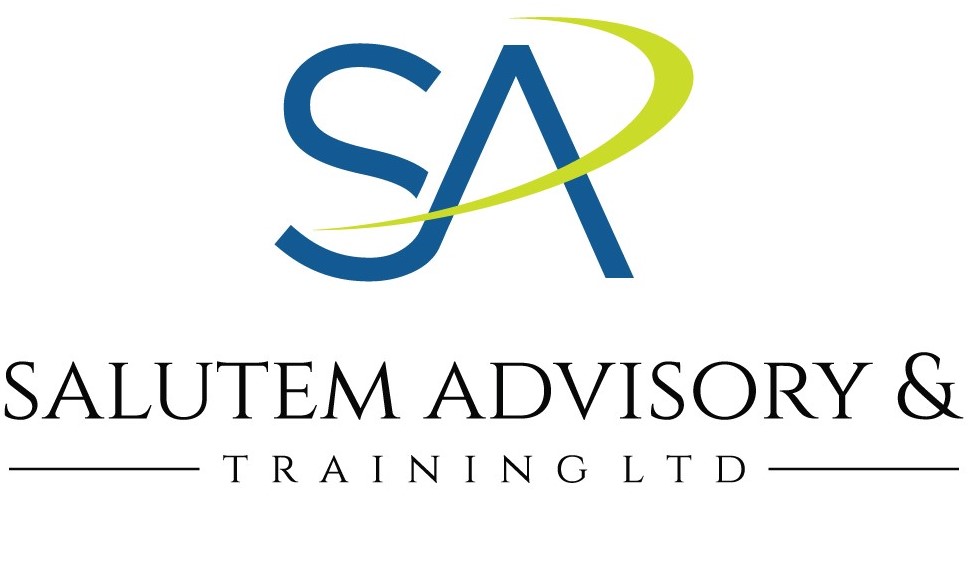
How to Master Event Management for Success
Event management is a complex and multifaceted task that requires meticulous planning, seamless execution, and exceptional organisational skills. Whether it’s a corporate conference, a wedding, a music festival, or a charity fundraiser, successful event management is the key to creating memorable experiences for attendees. Salutem recently attended Dublin Maker to showcase our professional training services for businesses.
In this blog, we will explore the best practices of event management that will help you deliver outstanding events and ensure everything runs smoothly from start to finish.
1. Define Clear Objectives for Event Management:
Before diving into the planning process, it’s crucial to define clear objectives for your event. What do you want to achieve? Is it to educate, entertain, or raise funds? Establishing these goals early on will guide your decision-making throughout the planning process and help you stay focused on the desired outcomes.
2. Develop a Comprehensive Plan:
A well-structured plan is the backbone of successful event management. Create a detailed roadmap that outlines all the necessary tasks, timelines, and responsibilities. Consider aspects such as budgeting, venue selection, guest list, marketing, logistics, and catering. Break down the plan into smaller, manageable tasks, and assign responsibilities to individuals or teams.
3. Budget Wisely:
Establishing a realistic budget and managing it effectively is crucial for event management success. Identify all potential revenue sources and allocate funds wisely based on your priorities. Keep track of all expenses and regularly review your budget to ensure you stay on track. Leave some contingency funds for unexpected costs that may arise during the event planning process.
4. Embrace Technology:
Leveraging technology can greatly enhance the efficiency and effectiveness of event management. Utilise event management software or platforms to streamline registration, ticketing, and attendee management. Explore virtual event options if appropriate. Use project management tools for collaboration and communication. Embrace social media and digital marketing techniques to reach a wider audience and create buzz around your event.
5. Select the Perfect Venue:
Choosing the right venue can make a significant difference in the overall experience of your attendees. Consider factors such as capacity, accessibility, parking, amenities, and ambiance. Visit potential venues in person, ask for references, and negotiate contracts to ensure you secure the best possible deal. A well-suited venue will set the tone for your event and contribute to its success.
6. Create a Memorable Experience:
Successful events go beyond logistics and execution; they provide a memorable experience for attendees. Pay attention to every detail, from the event theme and décor to engaging speakers or performers. Consider interactive elements, networking opportunities, and hands-on activities that will leave a lasting impression on participants.
7. Build a Strong Team:
Event management is a team effort, and assembling a competent and dedicated team is vital. Assign roles and responsibilities according to individual strengths and expertise. Regularly communicate and collaborate with team members to ensure everyone is on the same page. Foster a positive work environment, motivate your team, and recognize their efforts. A cohesive and enthusiastic team will contribute to the overall success of the event.
8. Test and Rehearse:
Thoroughly test all event-related aspects such as audiovisual equipment, technology, and internet connectivity before the actual event. Conduct rehearsals to iron out any issues, ensure smooth transitions, and familiarise the team with their roles and responsibilities. This practice will help minimise technical glitches and unexpected surprises during the event.
9. Communication is Key:
Maintain open and effective communication channels throughout the event management process. Regularly update all stakeholders, including clients, vendors, sponsors, and attendees. Utilise various communication tools such as email, social media, and event websites to disseminate information, answer queries, and address concerns promptly.
10. Post-Event Evaluation:
Once the event is over, don’t forget to evaluate its success. Collect feedback from attendees, sponsors, and team members through surveys or direct interactions. Analyse the data gathered and identify areas for improvement. Use these insights to enhance future events and refine your event management processes.
Conclusion:
Mastering event management requires careful planning, attention to detail, effective communication, and the ability to adapt to changing circumstances. By following these best practices, you can increase the chances of organising successful events that leave a lasting impression on attendees. Remember, every event is an opportunity for growth and learning, so stay open to feedback and continuously strive for improvement.
We at Salutem Advice can and do have all the knowledge to make your event a success. Contact us by calling 057 93 50026, or by emailing [email protected]

